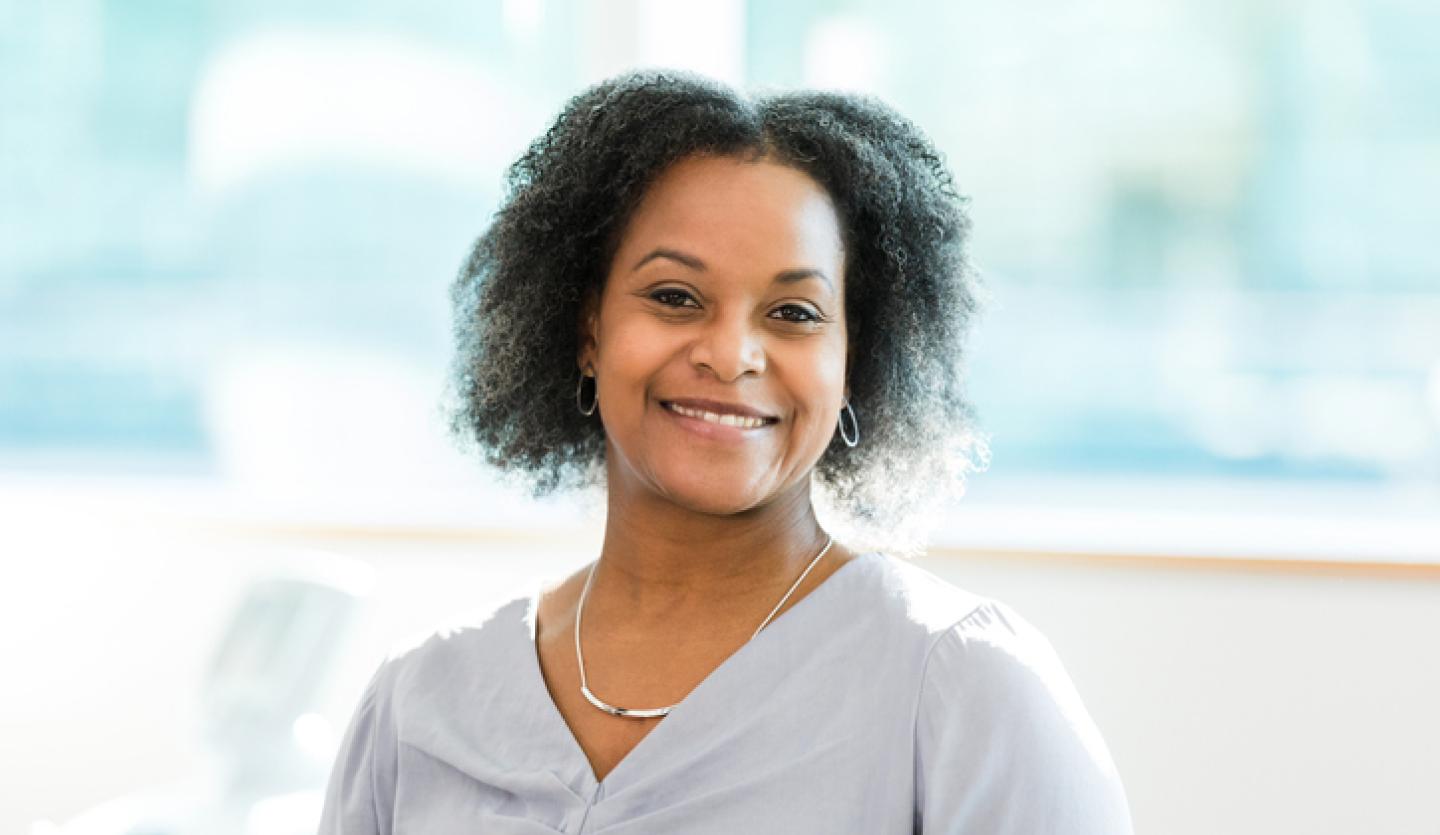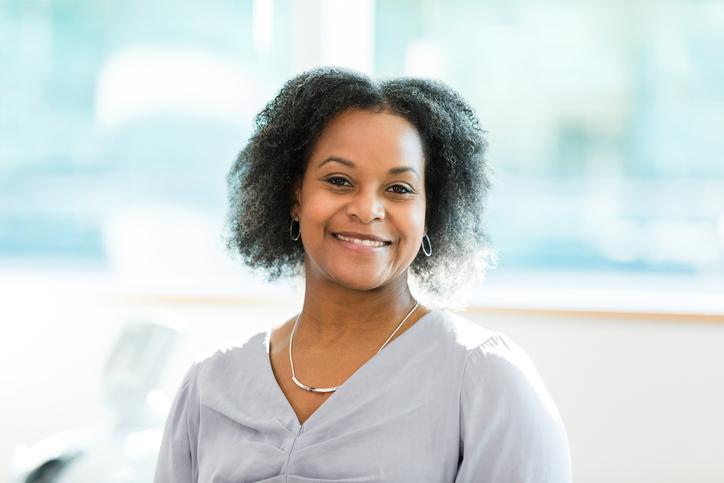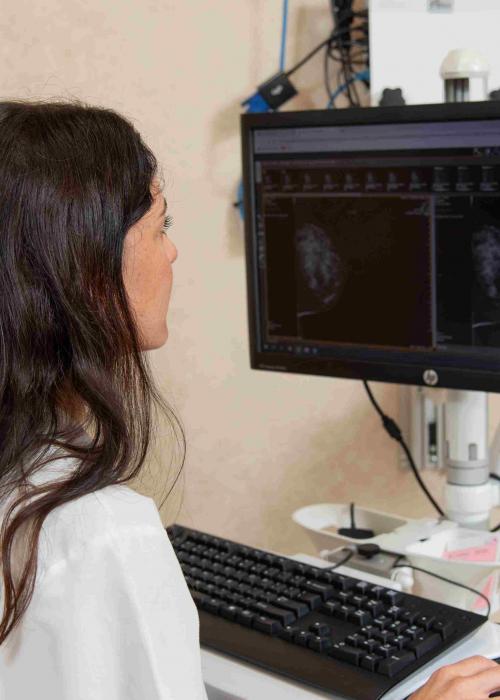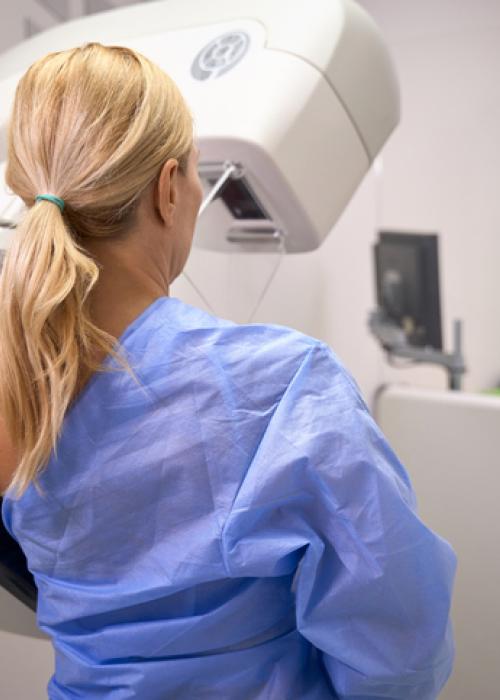If you have been diagnosed with breast cancer, you have faced many difficult decisions that impact your physical and mental health. If you have a lumpectomy or mastectomy, one of the most challenging choices is whether also to have breast reconstruction surgery.
“Choosing to have breast reconstruction surgery—either during a lumpectomy or mastectomy or at a later date—is a strictly personal choice,” said Jana L. Deitch, MD, FACS, Director of the Breast Health Program at St. Catherine of Siena Hospital. “Your breast surgeon and plastic surgeon are your advocates and can discuss the surgical options best for you and help with any questions or concerns.”
What is breast reconstruction surgery?
Breast reconstruction surgery reshapes one or both breasts after a lumpectomy or mastectomy. It can also rebuild damaged or missing tissue. Immediate reconstruction happens at the same time as a lumpectomy or mastectomy. Delayed reconstruction happens months or even years after surgery.
What are the advantages of breast reconstruction surgery?
“Because breast reconstruction surgery is such a personal decision, the advantages are what a patient considers important, especially when it comes to their mental health,” said Dr. Deitch.
She explained that many women's identities—how they feel about themselves and how they present themselves to others—are tied to the look, feel, and shape of their breasts.
“A breast cancer diagnosis is already an emotionally draining journey, but made even more difficult when you undergo a surgery that changes your physical appearance,” she said.
Women who chose breast reconstruction surgery often say they considered the following benefits:
- Self-confidence, being comfortable in their bodies
- Regaining their breast shape
- A balanced chest that makes clothes fit better
- Not having to wear a breast prosthesis
Studies have shown that breast reconstruction surgery benefits women in numerous ways, including emotionally, psychologically and socially.
What factors do I have to consider before surgery?
If you decide to get breast reconstruction surgery, your breast surgeon and plastic surgeon will recommend the best surgery for you based on several factors, including:
- The type of mastectomy or lumpectomy you are having or had.
- The amount of breast tissue that remains after a mastectomy or lumpectomy.
- If you need or are undergoing additional breast cancer treatment, such as chemotherapy or radiation.
- Personal goals about your appearance and how you want to feel.
- Your general health and existing medical conditions.
- Your lifestyle habits. (Smokers are not candidates for certain surgeries.)
What are the types of breast reconstruction surgery?
“Before choosing the best surgical option for you, your breast surgeon and plastic surgeon will talk about what the surgery will involve, any potential scars or changes in body shape that will occur, and the healing process,” said Randall Feingold, MD, Director of Plastic Surgery at St. Francis Hospital & Heart Center.
Dr. Feingold explained that there are two types of breast reconstruction options: flap reconstruction and implant reconstruction.
Flap reconstruction
A plastic surgeon forms a breast using tissue from your own body. Typically, tissue is taken from the belly but can also come from the thigh, back or buttocks.
Types of flap surgeries include:
- DIEP flap. The surgeon transplants skin, fat and blood vessels from the lower belly.
- TUG/PAP flap. The surgeon transplants skin, fat blood vessels from the inner thighs.
- Latissimus dorsi flap. The surgeon rotates skin and muscle from the back.
Implant reconstruction
A plastic surgeon recreates breast shape using saline or silicone breast implants.
Types of implant reconstruction include:
- Subpectoral: placing the implant under the chest muscle.
- Prepectoral: placing the implant above the chest muscle.
- In some cases, a tissue expander is placed under the skin first to create space for the final implant.
Understanding nipple reconstruction
For patients who have a nipple-sparing mastectomy, the nipple and areola are left in place. For patients who need a new nipple, a plastic surgeon can create one after transferring skin from another part of the body (also called a skin graft) or using existing breast skin to shape it.
How do I prepare for breast reconstruction surgery?
A plastic surgeon performs breast reconstruction surgery in a hospital. A lumpectomy or mastectomy is done first before breast reconstruction. Then, depending on the type of breast reconstruction, the surgeon will do a flap procedure or implant reconstruction.
Your care team will review instructions to prepare for surgery, including any medications you should stop taking.
What is the recovery time after breast reconstruction surgery?
A lumpectomy is typically an outpatient procedure. You will need to stay in the hospital overnight for a mastectomy with implant reconstruction and two to three days for flap reconstruction. Post-surgical recovery may include wearing a surgical bra to support the breasts and reduce swelling.
Instructions for when you go home include noticing signs of an infection so you can call your doctor immediately. Also, how to manage your pain, how to bathe, and when you can resume normal activities.
Will I need additional surgery?
“You may need breast reduction surgery or breast augmentation surgery on the other breast if only one breast was removed and reconstructed,” said Dr. Feingold. “This allows a plastic surgeon to ensure the breast shapes match.”
Find Care at Catholic Health
Catholic Health Cancer Institutes across Long Island offer the most advanced treatments for breast cancer, including lumpectomy or mastectomy surgeries overseen by our renowned breast surgeons.
If you decide breast reconstruction surgery is right for you, your breast surgeon will recommend and work with a plastic surgeon to review your options and coordinate care.
Call 844-86-CANCER (844-862-2623) for more information.
Find a Catholic Health doctor near you. Or call 866-MY-LI-DOC (866-695-4362).







